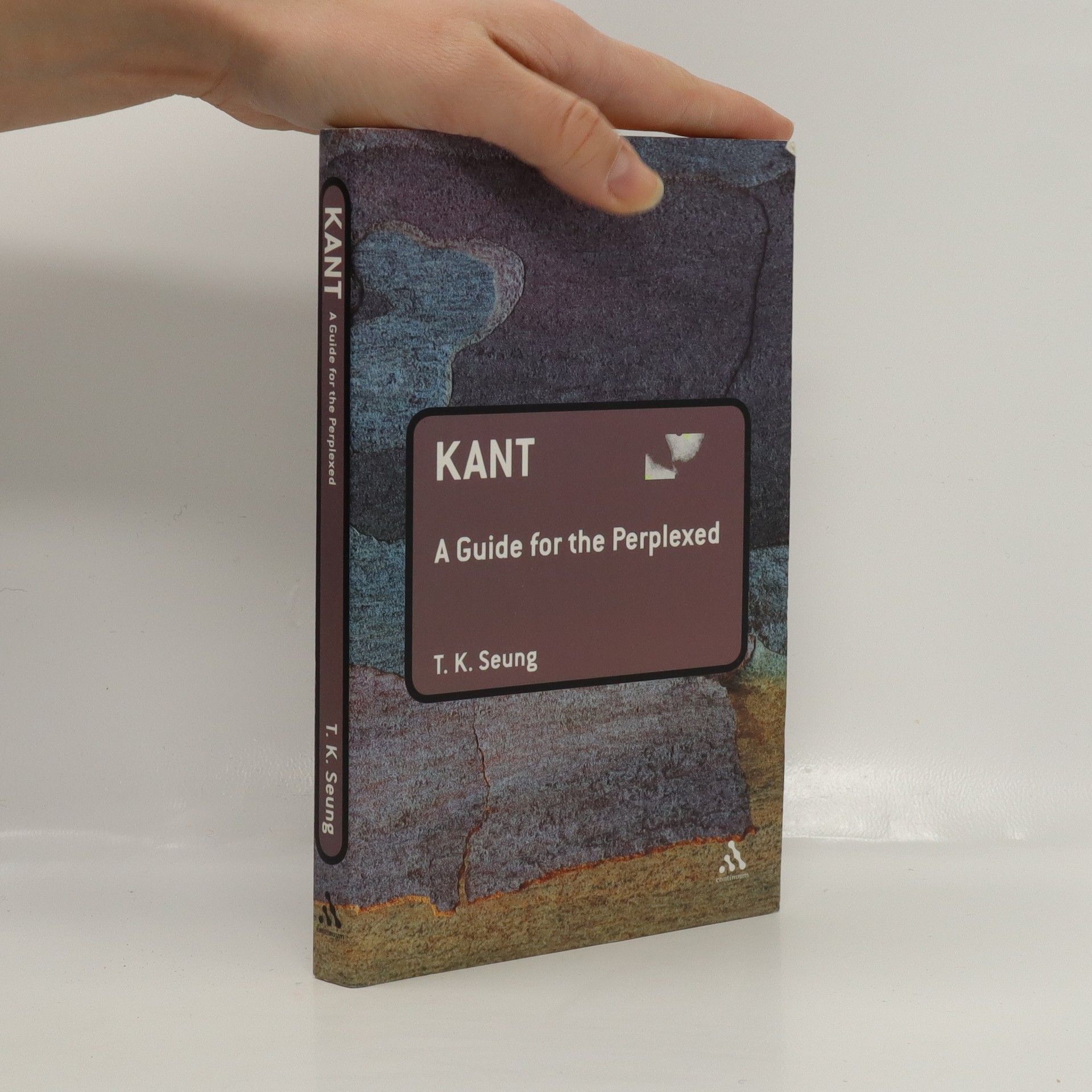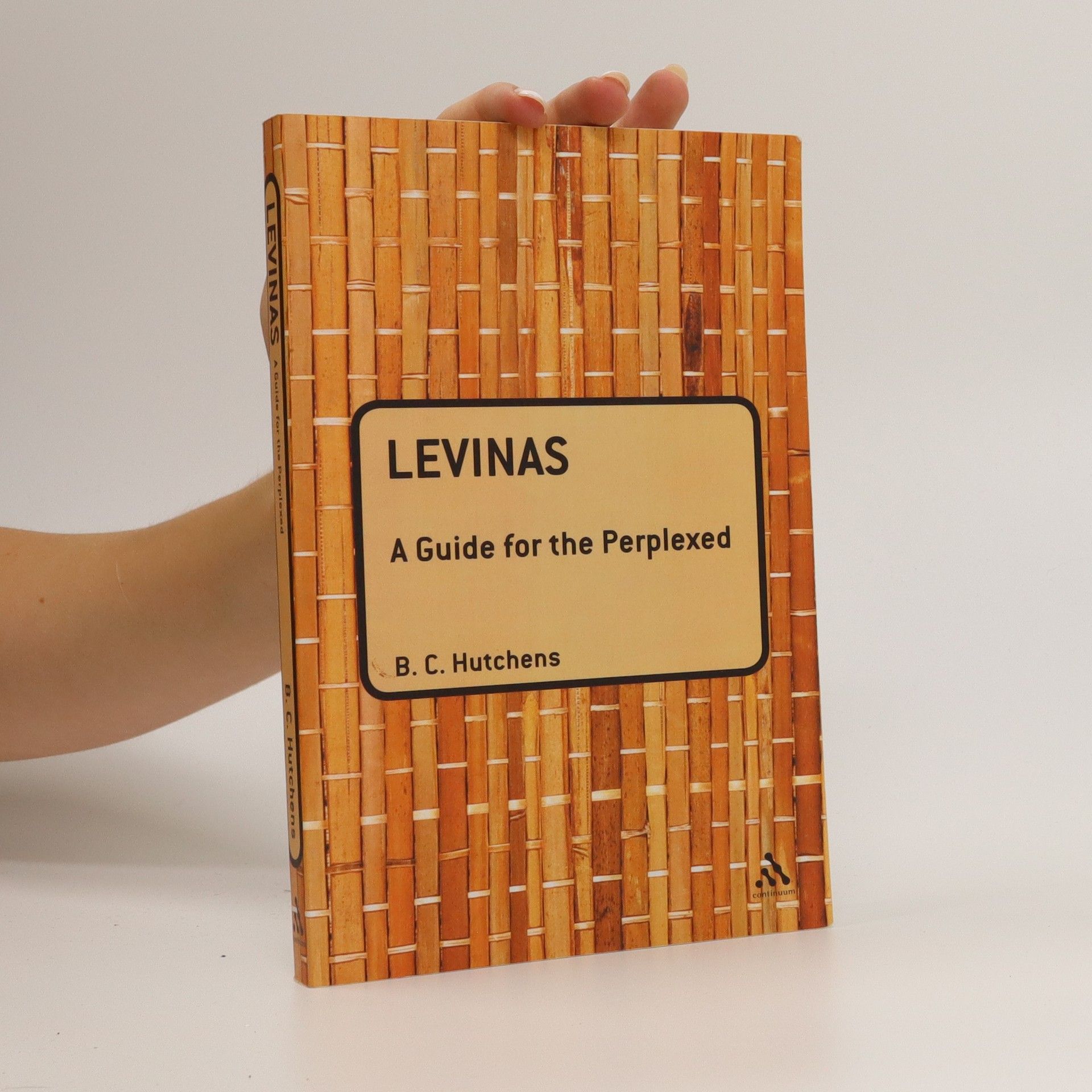Theological Anthropology
- 167bladzijden
- 6 uur lezen
What does it mean to be human and to be made in the image of God? What does it mean to be a 'person'? What constitutes a human person? What does it mean to affirm that humans are free beings? And, what is gender? Marc Cortez guides the reader through the most challenging issues that face anyone attempting to deal with the subject of theological anthropology. Consequently, it addresses complexities surrounding such questions Each chapter explains first both why the question under consideration is important for theological anthropology and why it is also a contentious issue within the field. After this, each chapter surveys and concisely explains the main options that have been generated for resolving that particular question. Finally the author presents to the reader one way of working through the complexity. These closing sections are presented as case studies in how to work through the problems and arrive at a conclusion than as definitive answers. Nonetheless, they offer a convincing way of answering the questions raised by each chapter.


